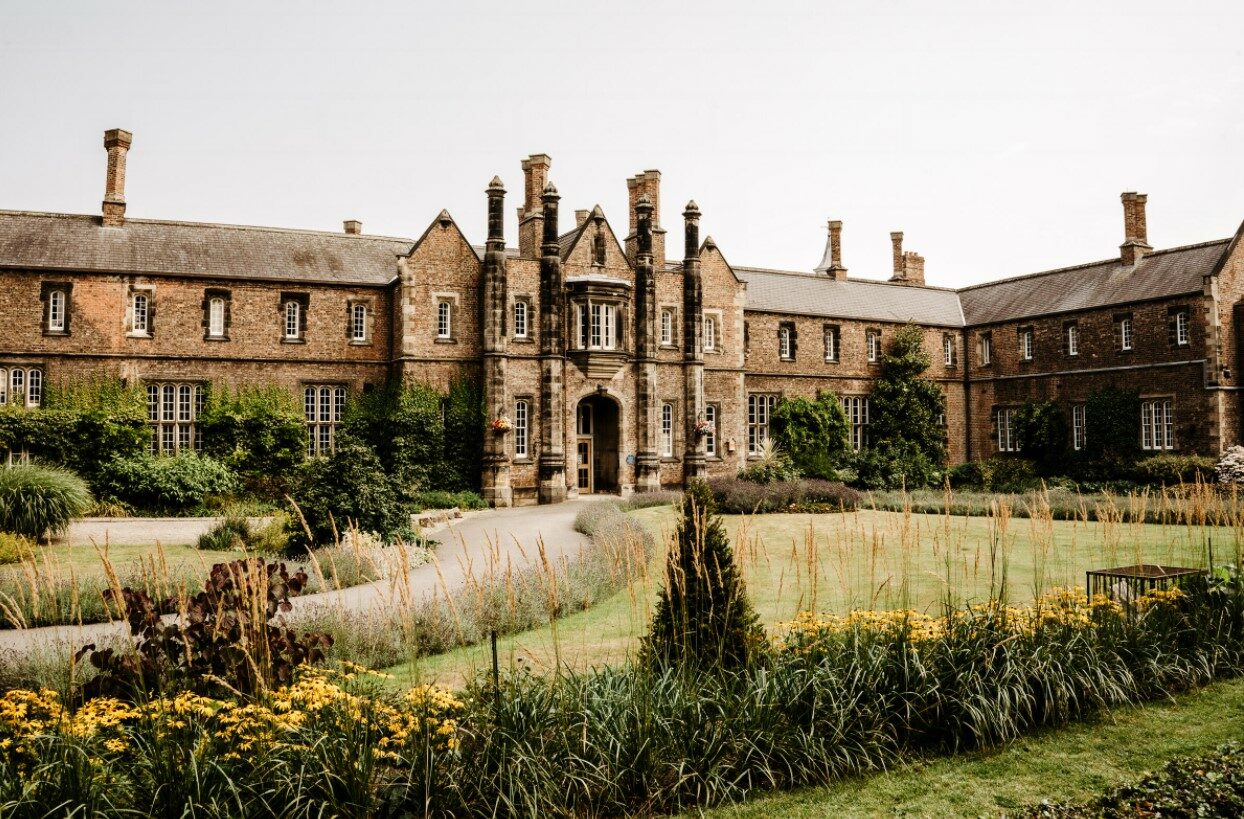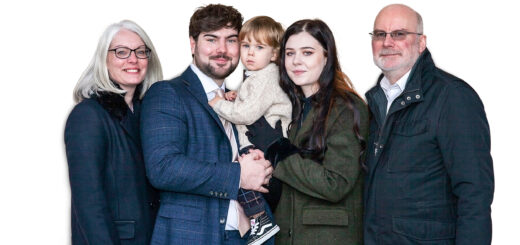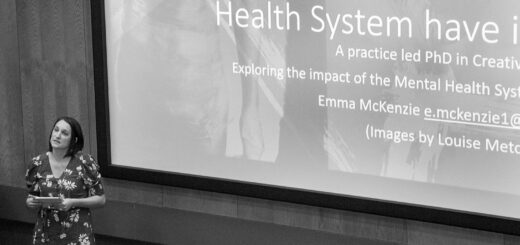The Inspire Project: A Portrait of PGR Students and the People who Inspired them.
July 11, 2022
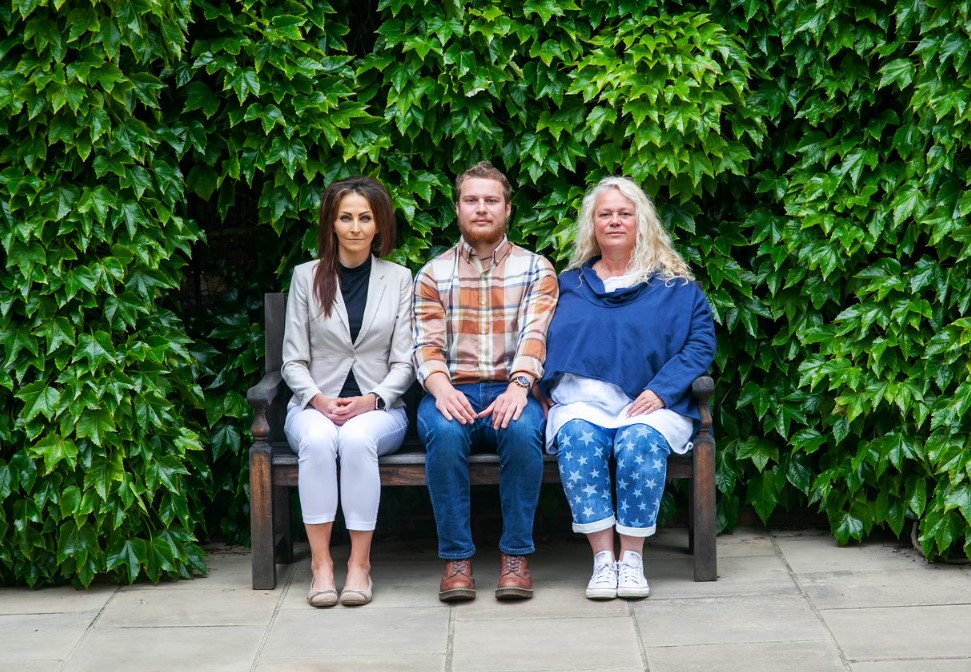
Who is Charles Taylor?
I’m a Ph.D. candidate for York Business School and Head of Research for a charity aiming to reduce barriers to disabled people pursuing a career as a legal professional. I’m also training to be a barrister myself. I work part-time as a visiting lecturer and have my own business tutoring GCSE students with additional needs. I’m also building a new business that aims to meditate and advocate for educational professionals during their contract negotiations.
I live on a farm with my parents just outside York in the beautiful Howardian Hills. I was diagnosed with Myalgic Encephalomyelitis when I was thirteen, along with some other disabilities. I strive not to be burdened by labels and see my hidden disabilities as broadening my path through life rather than complicating it.
What is your Ph.D. and why did you choose to study at York SJ?
I’m at YSJ because I appreciate the strategic position York offers and the fantastic resources for PGRs. I was invited to conduct the study here and I’m glad I said yes. I’m halfway through my first year and my Ph.D. which focuses on the extent of greenwashing in large-scale investment issuances in the UK. In short, I survey marketing and life-cycle publications from firms and the government about their ‘green’ projects (bonds, shares, projects, etc.,) and deduce if they’re – factually - lying or not.
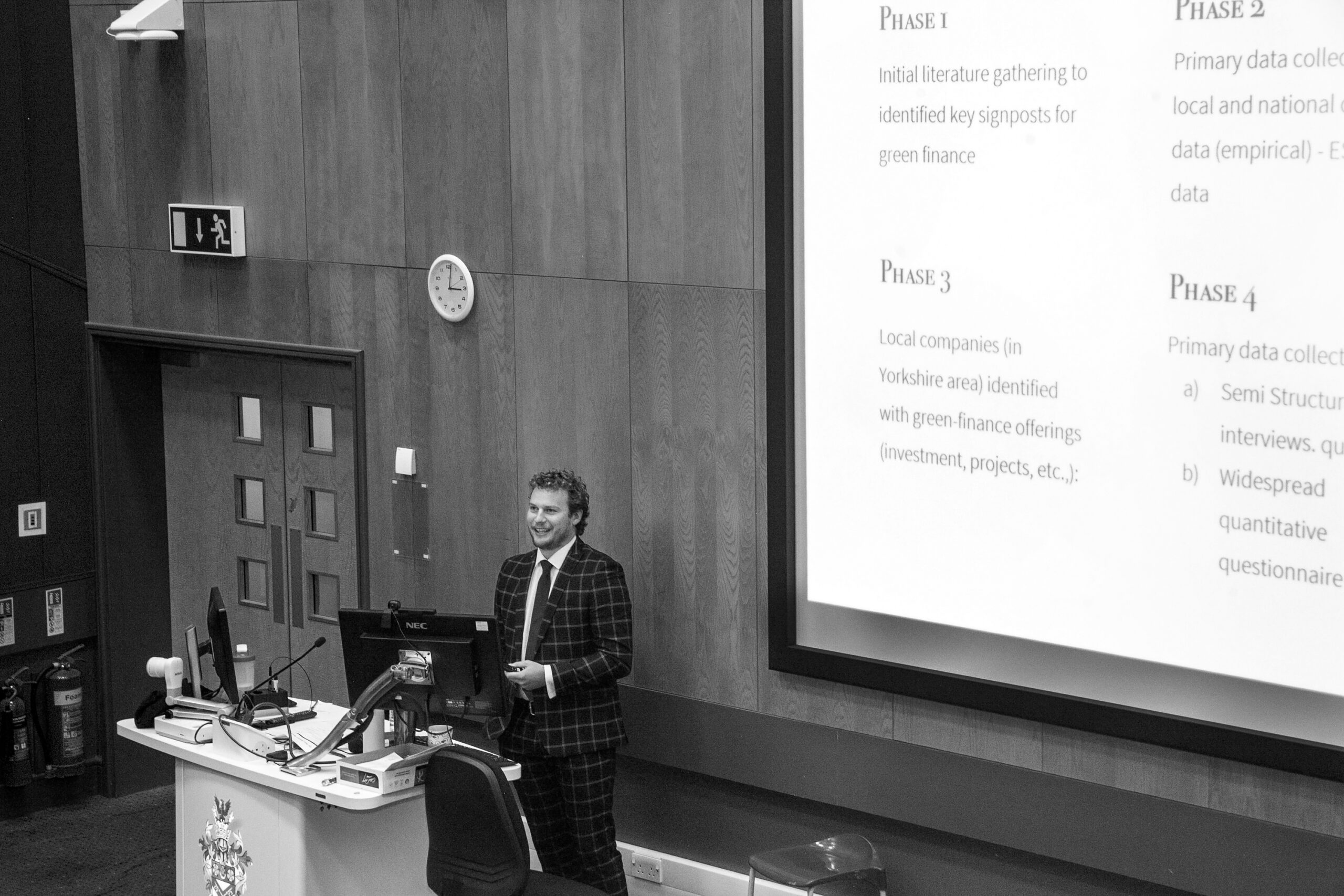
What is your PGR journey and did you overcome any obstacles pursuing your studies?
I knew I wanted to conduct further research as soon as I completed my undergraduate dissertation. I enjoyed the autonomy and freedom to really delve into an area of interest. However, I graduated in the summer of 2020 and the thought of doing a PGR during the Covid-19 lockdown felt too lonely and isolating, so I chose to do a taught legal master's instead. The master's dissertation enabled me to take my undergraduate research topic area and look at it from a legal angle. My supervisor was impressed with my work and advised me to study further at the Ph.D. level. I was accepted at Oxford but that didn’t work out due to funding. I applied to other institutions, but I couldn’t get the supervisors, so I called it a day, graduated from law and school, and looked for a job. I was in touch with one of my undergraduate tutors and she encouraged me to apply to YSJ, where she is one of my supervisors. Research in academia has given me the best opportunity to explore and expand my natural curiosity, combined with an innate sense of injustice and passion for environmental protection. I’ve explored the notion of environmental economics and the way human society truly feels about the relationship between the state, community, market, and ecology.
Who inspired you to study for PGR and why?
My parents have been my biggest motivators and supporters in my research journey. I asked a lot of questions about my disability that they and medical professionals at the time did not have answers to. My mum encouraged me to develop some theories and then run my own experiments and my dad helped me write and publish them. I ended up speaking at national and international disability-specific conferences.
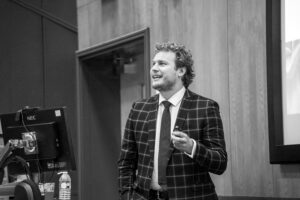 There are a few tutors who inspired me along the way. Firstly, I was told by my A-level Law tutor Clare that I would get bored doing a law degree and should instead pursue a degree in my interests and convert to law later. My undergraduate personal tutor Greig Mill helped me find ways to slot my topic of interest into every module assessment during my degree. This meant that I studied marketing, international business, political economics, global finance, and much more all through the lens of environmental-focused economics. My undergraduate dissertation supervisor David Kelsey opened me up to the realities of academic research and the intricate strategies and bureaucracies in place and my master's dissertation supervisor recognized my talent for research and introduced me to her network. She was also a barrister and showed me how the profession was a perfect fit for me: academic and legal research, and vast opportunities to impact society. Dr. Silvia Szilagyiova encouraged me to study for a Ph.D. at YSJ and is now on my supervisor team and inspires me every day with her ambition. Lastly, Dr. Christine O’Dea is my lead supervisor. Her knowledge, dedication, and kindness make my PGR feel effortless.
There are a few tutors who inspired me along the way. Firstly, I was told by my A-level Law tutor Clare that I would get bored doing a law degree and should instead pursue a degree in my interests and convert to law later. My undergraduate personal tutor Greig Mill helped me find ways to slot my topic of interest into every module assessment during my degree. This meant that I studied marketing, international business, political economics, global finance, and much more all through the lens of environmental-focused economics. My undergraduate dissertation supervisor David Kelsey opened me up to the realities of academic research and the intricate strategies and bureaucracies in place and my master's dissertation supervisor recognized my talent for research and introduced me to her network. She was also a barrister and showed me how the profession was a perfect fit for me: academic and legal research, and vast opportunities to impact society. Dr. Silvia Szilagyiova encouraged me to study for a Ph.D. at YSJ and is now on my supervisor team and inspires me every day with her ambition. Lastly, Dr. Christine O’Dea is my lead supervisor. Her knowledge, dedication, and kindness make my PGR feel effortless.
How important is it to have the inspiration to drive your PGR?
Whether that be inspiration from community, or enthusiasm gained from the completion of a small task; I am a personality that spirals very quickly so keeping my head above the water is very important.
I often compare my research journey to the image of a donkey chasing a carrot on a stick. My end goal keeps moving because that’s the nature of research but there is always something that keeps the momentum.
What would you say to others who are thinking about PGR studies but have doubts about their personal abilities or confidence?
You will know in your heart if you want something or not. A research degree is something I wanted and thus the setbacks, barriers, rejections, refusals, discrimination, abuse, and disbelief all felt so immaterial. Everybody is capable of a PGR and every PGR certainly feels like a daunting boulder of a project at the beginning, but you’ll figure out your own way of doing things and finding pathways within your capability and confidence. In more practical terms the best advice I got was that four years will go by anyway and if we start now and stop worrying, we might have a Ph.D. by the time we get there.
How would you like to thank your inspirations in words for this blog post?
Personal empowerment, drive and ambition, and kindness are all things that connect each of my inspirations. I would like to single out and thank my mum and Silvia. Both are personalities that I revere and respect but trust without question due to their honesty and kindness. My mum continues to be my largest inspiration. I ask her advice more than any other because I wholly trust and believe every single word she says. My mum’s actions and words are genuine and thoughtful and will always cut to the truth of every situation.

